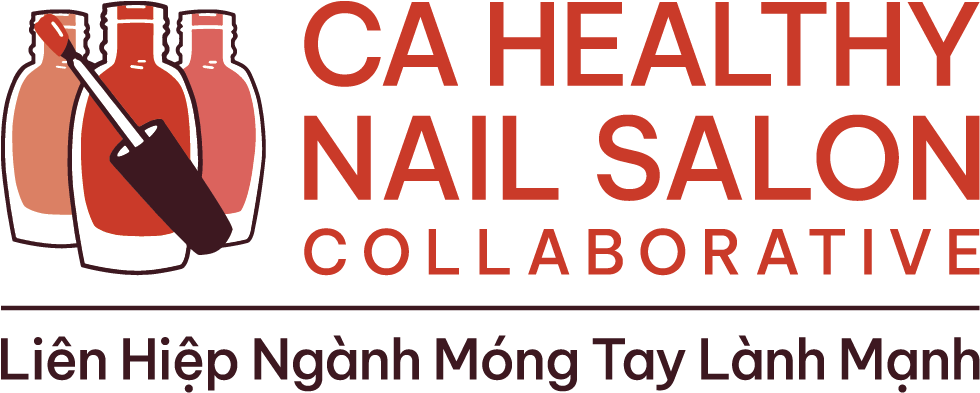Nail Files California: A Study of Nail Salon Workers and Their Industry
California plays a crucial role in the national nail salon sector due to its labor force, the market, and its history of organizing and advocacy. The state is home to the largest number of licensed manicurists and the largest number of nail salons in the country. Transformed primarily by Vietnamese refugee women, the California nail salon industry has been a dynamic and growing one, marked by new technologies, changing trends and designs, and affordability. At the same time, the nail salon has secured its position as a place of social significance, one that customers rely on for services as much as they do for care and intimate, social connection.
Despite the relevance of the nail salon for self-care and pampering, most nail salon workers are undervalued and still face a myriad of labor issues. In addition to health and safety concerns—mostly related to the exposure to chemicals in cosmetics products linked to health issues including reproductive harm, respiratory issues, and cancer—the predominantly Vietnamese refugee women workforce experiences ongoing wage and hour labor violations, including below minimum wages and misclassification of employment status. There is insufficient enforcement by state agencies as well as insufficient language and culturally appropriate education on labor laws for workers and owners.
The COVID-19 pandemic exacerbated ongoing challenges in the nail salon industry related to pay, health, and safety issues. Owners and workers alike had to struggle, albeit differently. Salons saw a reduced customer flow, where workers and owners felt the impact through less income. Workers in particular faced difficulty with covering bills, housing, and even food. In addition, the economic and health aspects were layered with an increased climate of anti-Asian sentiment, such that the racialized, social, gendered, and economic impacts of the pandemic continue to affect the sector.
As new labor models and policies emerge, the industry is ripe for innovations that promote economic stability and justice. With the layers of crises of economic instability, political polarization, and racialized and gendered devaluing of service work, there is an opportunity to address such unpredictability and insecurity.
This report profiles the industry and its workforce to identify the gaps in research as well as the policy needs of the sector to better address its inequities and challenges, with a focus on (1) workers and owners across the state; (2) wages, pay structure, pricing, and consumption; (3) needs of the workforce; and (4) opportunities to strengthen the workforce.
Report Citation: Huynh, J., Sharma, P., Waheed, S., Fu, L., Herrera, L., Nguyen, M., Porter, C. (2024). Nail Files California: A Study of Nail Salon Workers and Industry. UCLA Labor Center and California Healthy Nail Salon Collaborative.








